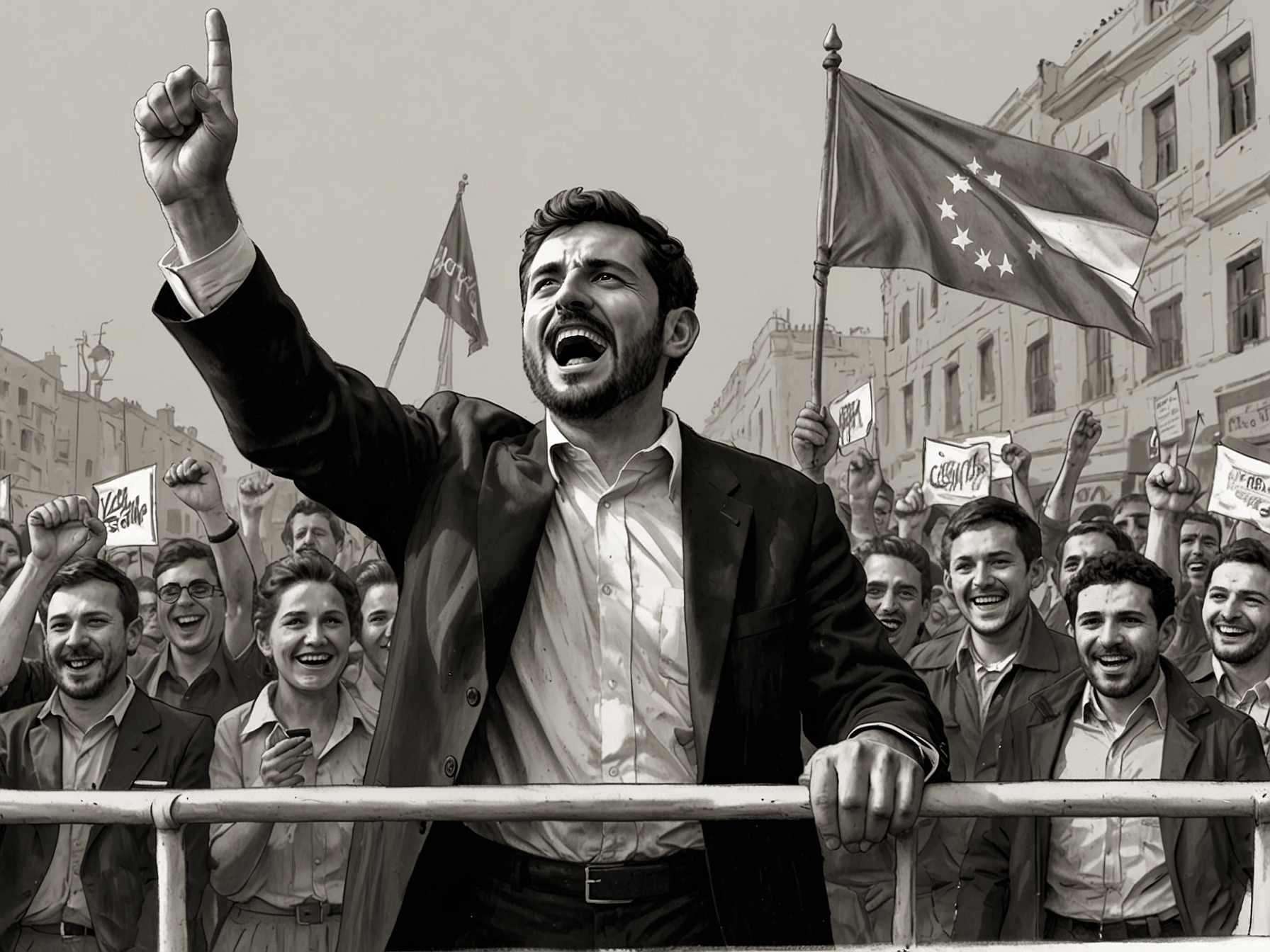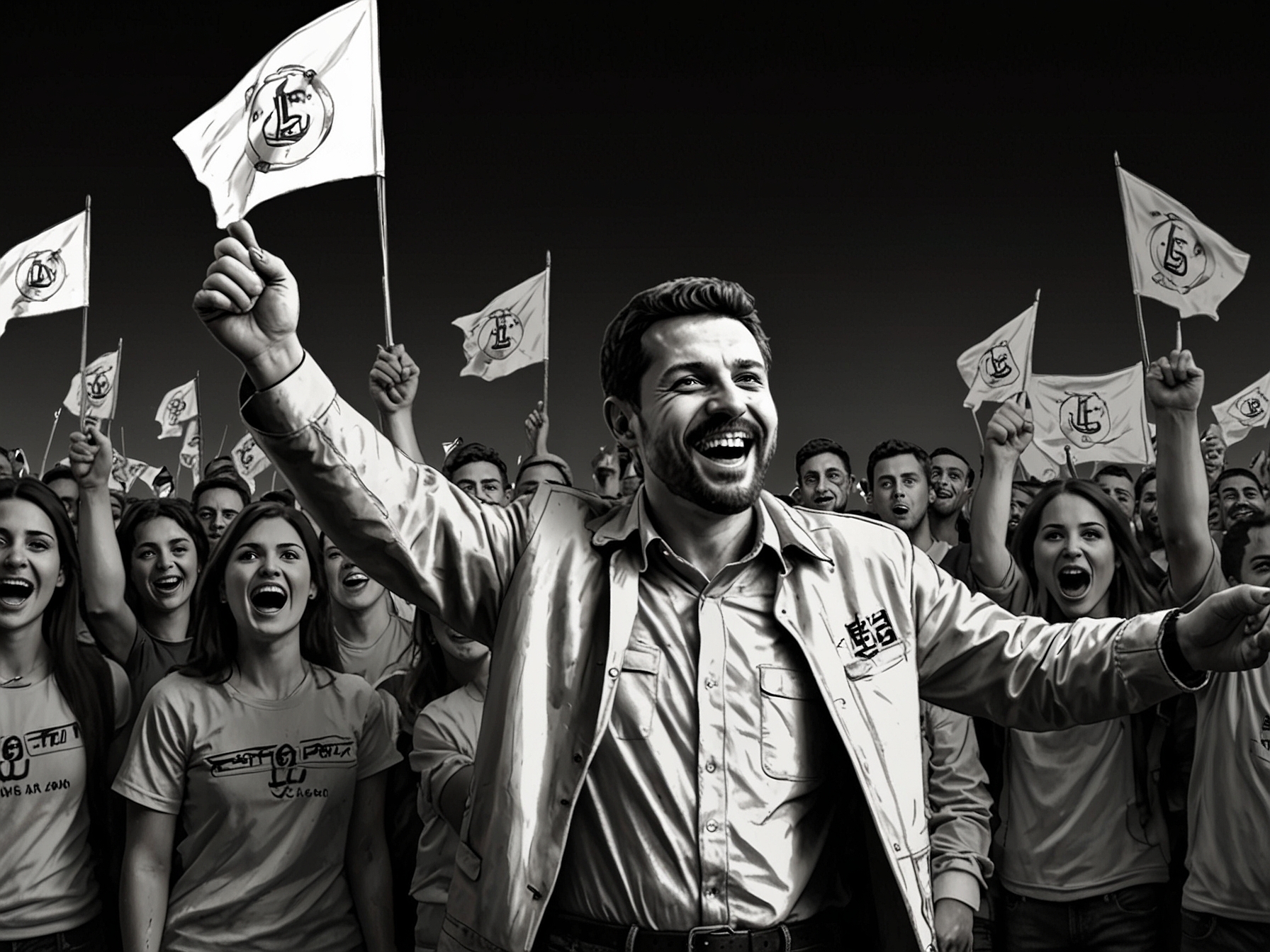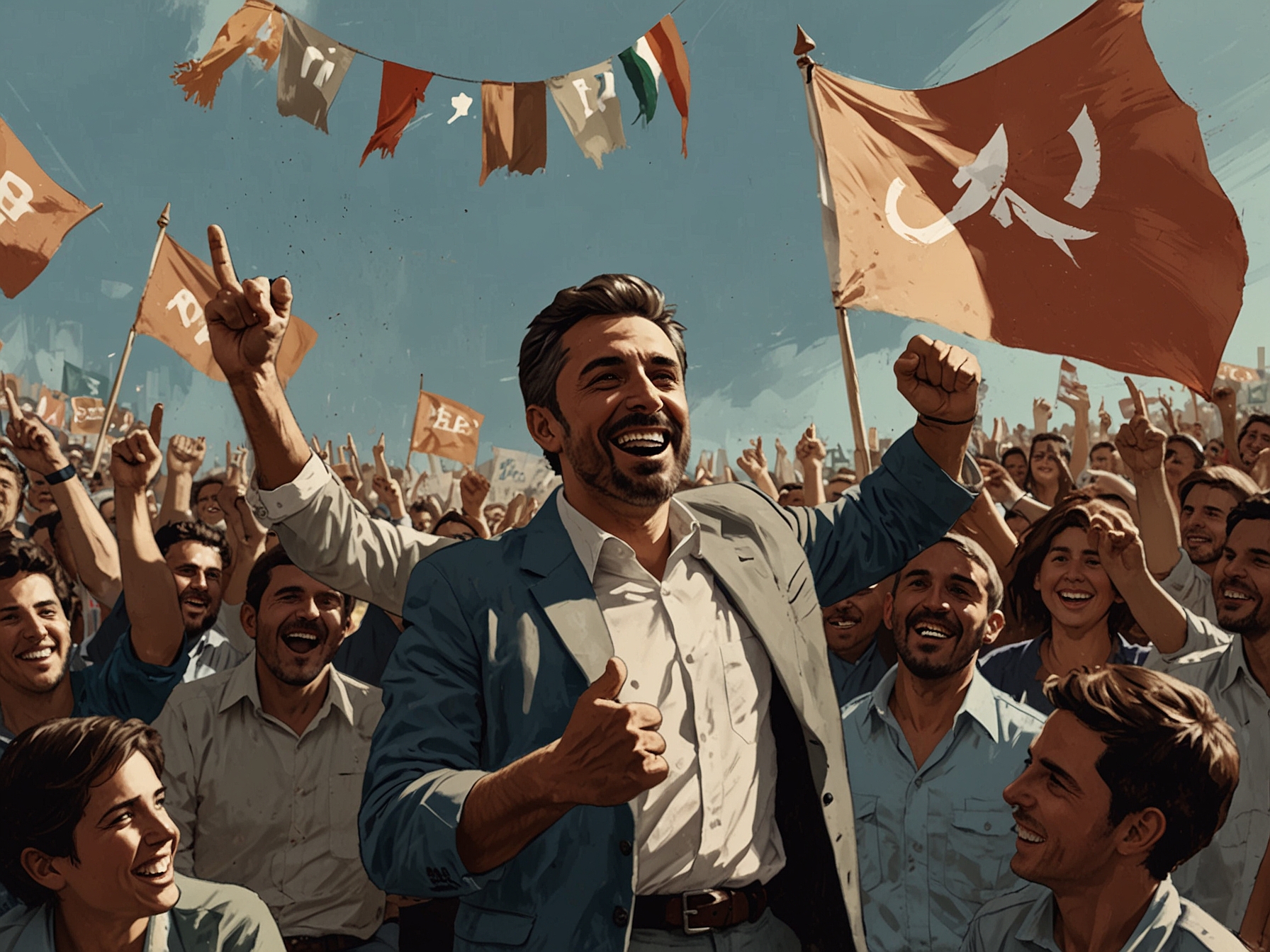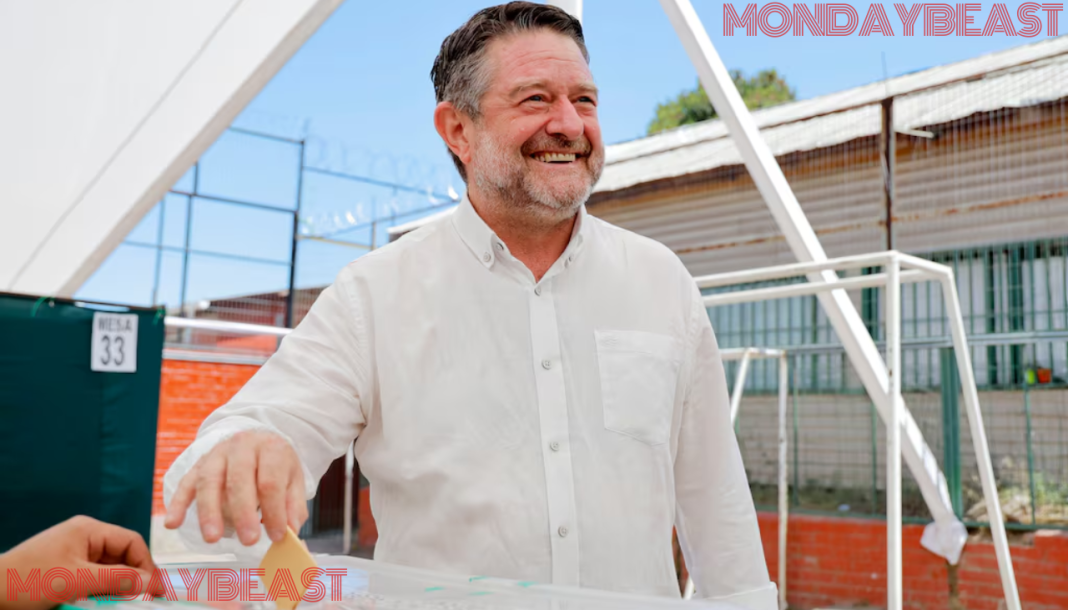Sergio Giacaman’s Big Win
On a pivotal Sunday in the Biobío region of Chile, Sergio Giacaman emerged victorious. In a race marked by contrasting visions, the gremialista candidate secured more than 70% of the vote against Alejandro Navarro.
Giacaman’s rhetoric resonated with voters fed up with old political norms. “The old politics is tired,” he declared after his win. His focus on rebuilding, rather than just tearing down, found favor among a populace seeking change.

With 31% of the ballots counted, the numbers painted a clear picture: Giacaman claimed 72.9% of the votes. Navarro trailed significantly with only 27.1%. But how did we get here?
The Road to the Second Round
In the first round of voting, no candidate managed to hit the required 40% of the votes. Giacaman stood at 24.57%, while Navarro, a former senator, lagged far behind with just 19.26%. This configuration paved the way for a tense second round.
Navarro’s campaign built its narrative on the themes of transparency versus corruption. His words stirred tensions, leading to accusations of defamation from Giacaman.

Prior to the final bout, Navarro’s reflection on voter integrity seemed almost prophetic. “It’s about trust,” he said as he cast his ballot. However, the effects of his words linger like a shadow, haunting the campaign’s final hours.
Giacaman’s Call for Change
Post-election, Giacaman had plenty to say about the message behind the election results. “This is a vote of trust,” he emphasized. For him, it’s not just a win; it is a massive challenge to deliver on expectations.
He’s stepping into the shoes of Rodrigo Díaz, the previous governor, who chose not to run again. Díaz had backed Giacaman, distancing himself from Navarro due to controversies surrounding his support for controversial political figures.

As Giacaman shoulders this responsibility, the real question is what can he offer this region? It’s no small feat addressing the diverse challenges. Does he have the blueprint to build trust anew?
A Divided Political Landscape
The results revealed not only electoral preferences but deep societal divides. Biobío’s residents are at a crossroads. The choice was clear: a call for renewal or a continuation of political rancor.
As Giacaman prepares to take office, voices from both sides will echo around him. Critics of Navarro argue that honesty must prevail in politics. How will Giacaman navigate these waters? Can he foster collaboration where there was discord?
Reflecting on this election, one thing’s for sure: voters are watching. Giacaman’s journey has just begun, and the weight of hope is heavy on his shoulders.




